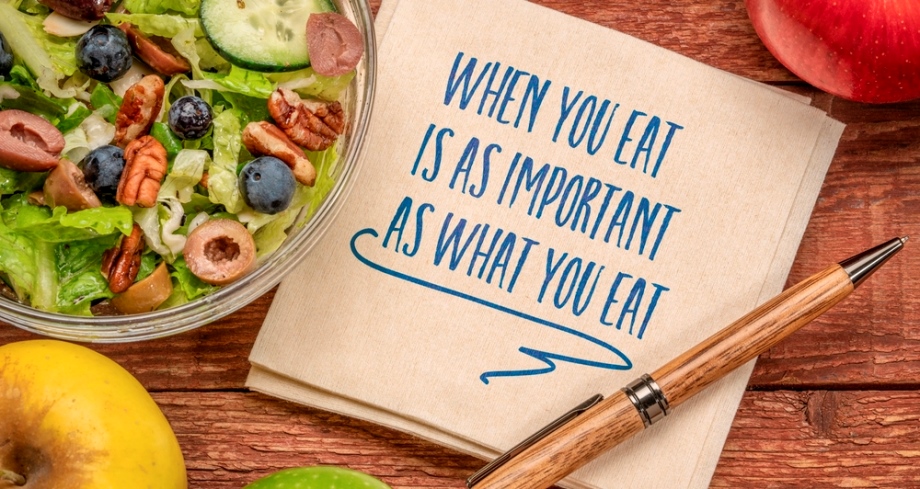
When we ask what’s healthy to eat, we will most likely receive standard answers like: food that’s clean and uncontaminated; that’s rich in fibers, vitamins, and minerals; and that on the whole provides us with the essential nutrients to maintain good physical and mental health and prevent chronic diseases.

Although that’s true enough, it’s a very general way of looking at it, and there is actually so much more to it. In fact, dietary coaching and advice often addresses only what types of food to eat, rather than when or under what circumstances to eat them.
Now, people around the world have different eating habits, and in a general sense, you can’t say that one habit is better than the other. For instance, in some countries it’s normal to eat every two hours, while in others people eat only twice a day. Similarly, some cultures start the day with cold, sweet foods, while others prefer warm, salty foods.
In some cultures, people start the day with fruits, while in others they have bread for breakfast. Still others begin the day with rice and meat. Likewise, in some cultures the heaviest meal is eaten around noon, while in others it’s around eight in the evening.
These different customs are connected to specific cultural beliefs and the availability of certain foods, and are influenced by people’s traditions, ethics, ethnicity, religion, or geographic origin.

In traditional medicine systems, like those of Thailand, India, and China, there’s a lot of emphasis on specific factors that guide what types of food you should eat, and when you should eat them. That is, things like the time of the day, the season of the year, the climate, one’s age, and one’s specific body constitution need to be taken into account, among other things.
It means that what’s good for one person is not necessarily good for another, and what was healthy for you yesterday may no longer be healthy for you today. It also means that you should eat differently depending on the season (summer or winter, for instance), your state of health, and depending on where you live (like in the mountains, low lands, or in a wet region or dry region, etc.).
However, we don’t necessarily need traditional medicine systems to guide us in this. In our daily lives, we can easily observe how we are inclined to change our eating patterns according to the circumstances.
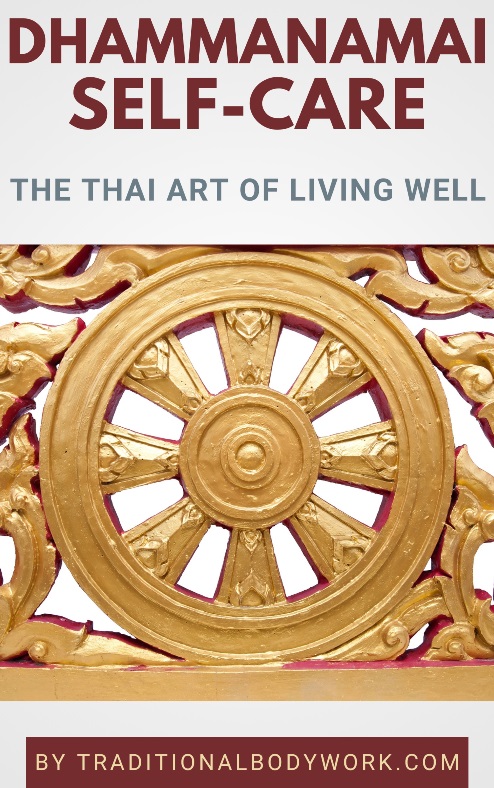
For instance, when I was twenty, my body could effortlessly handle spicy food, but today it causes digestive distress. Consequently, I have stopped consuming spicy foods. And in the past, I could eat as much peanut butter as I wanted, but now it gives me acne, so I eat it in moderation.
Another example: in the summer, I usually eat colder and lighter, and in the winter, I typically eat warmer and denser foods, just by “listening” to what my body asks for. And when I’m abroad, I’m very careful with eating new stuff, because experience has taught me that my body may not be sufficiently accustomed to other types of ingredients and spices.
At any rate, by being mindfully aware of how our body, mind, and emotions react to specific foods eaten in different circumstances, we can learn a lot about what we should eat, when we should eat it, and why. We have this miraculous inborn body wisdom that can guide us in choosing the right food for the right time and place.

 Find themed health, wellness, and adventure holidays around the world.
Find themed health, wellness, and adventure holidays around the world.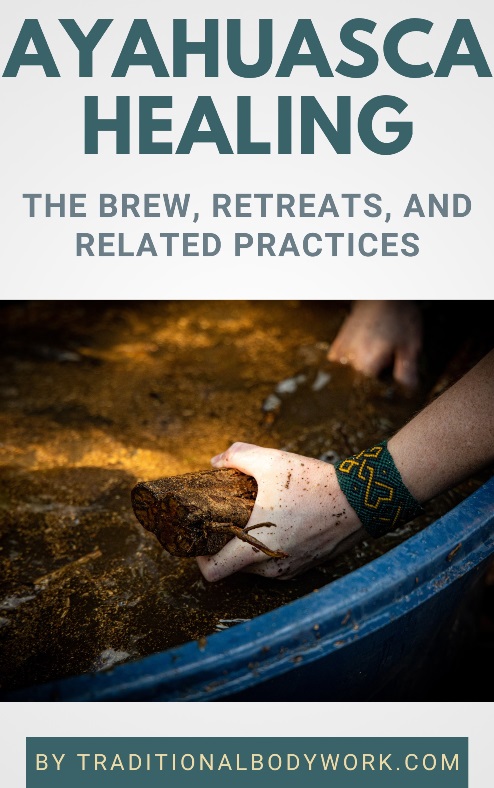





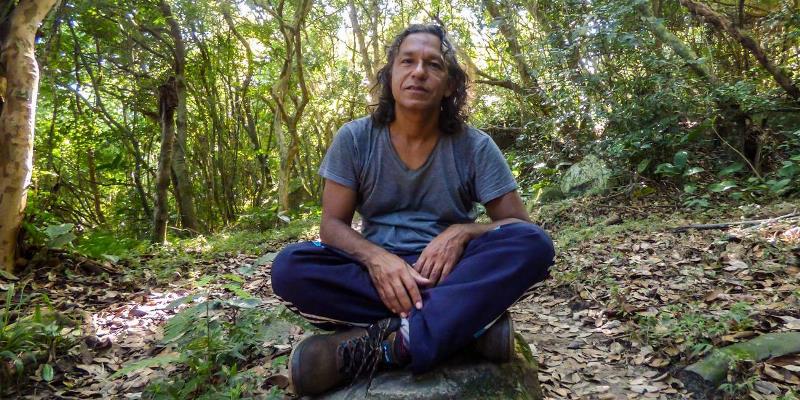

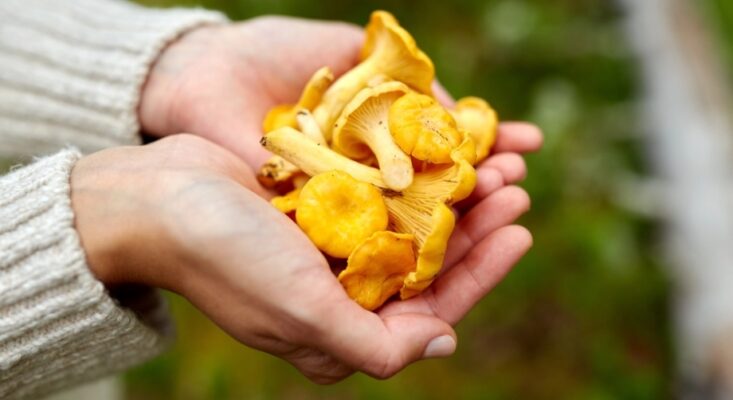



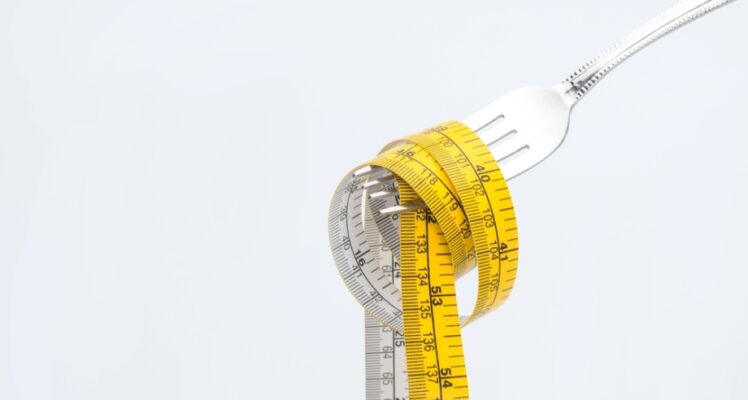
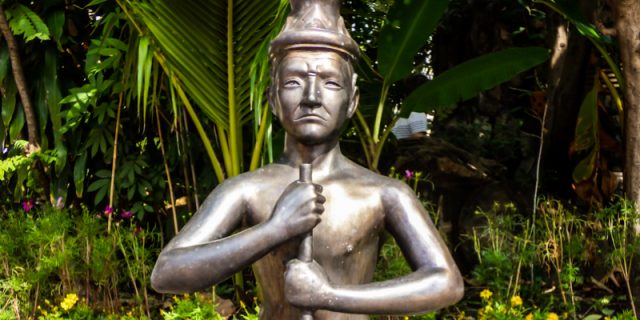






 Find themed health, wellness, and adventure holidays around the world.
Find themed health, wellness, and adventure holidays around the world.